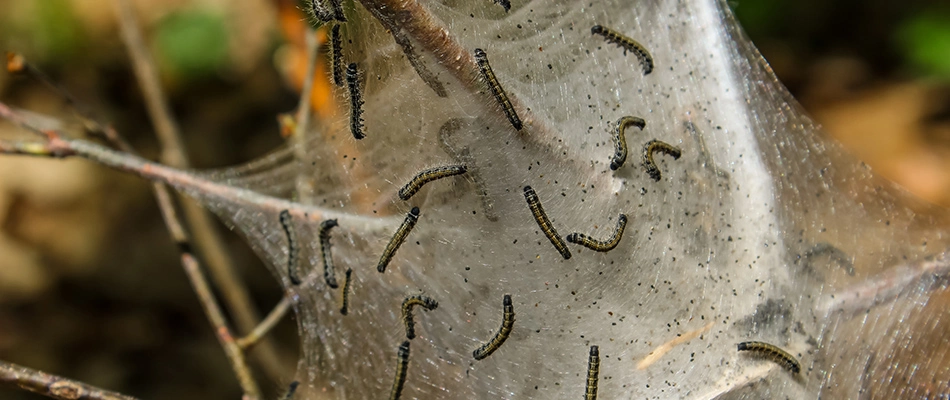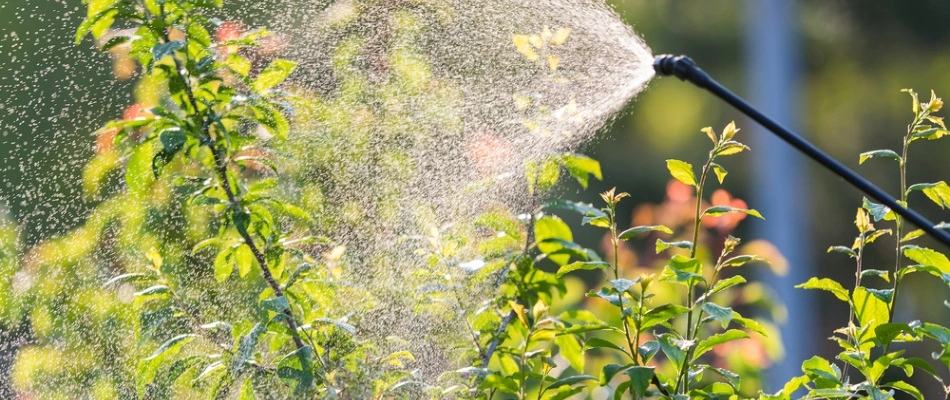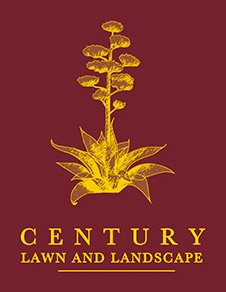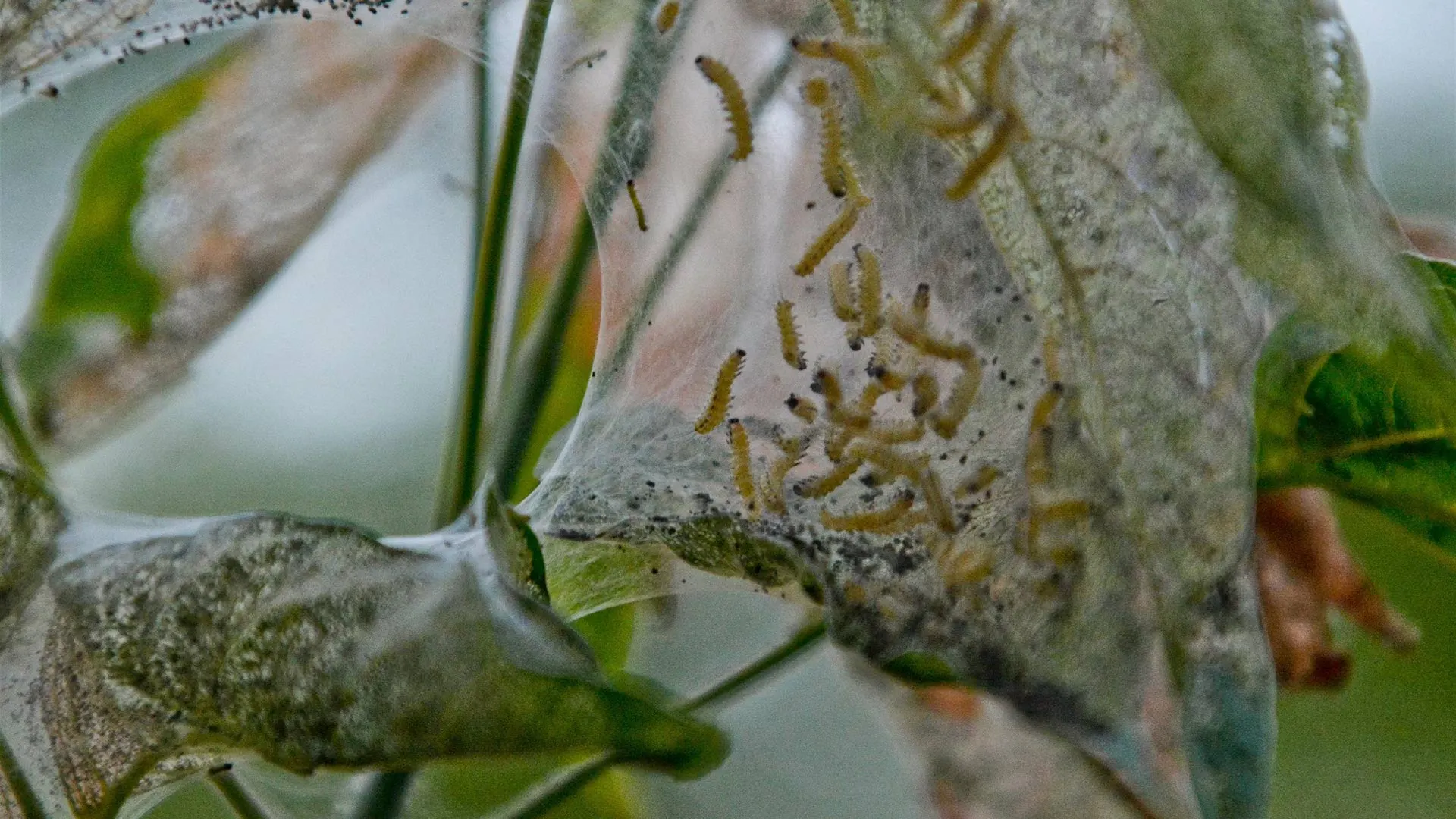Lots of good things come with living in Texas, but dealing with insects isn't one of them. A lot of time and effort went into making your landscape look appealing, and the last thing you need is insects undoing all that hard work. There are several common shrub-damaging insects that property owners in the Austin, TX area should be on the lookout for including webworms, aphids, bagworms, and armyworms.
Knowing which types of insects are common in your area can help you stop them from harming your shrubs. Scheduling an insect control service when you notice shrub damage will help restore your landscape's beauty.
Common Shrub-Damaging Insects in Texas

So, you know insects are eating away at your vegetation, but who is the culprit? Well, in Austin, Texas, and nearby areas, it could be several different types of shrub-damaging insects. Here are some of the most common insects and how they can damage your shrubs:
- Webworms are a type of caterpillar that hatch from webs laid on leaves and branches. They are about one inch long and have light yellow or green bodies covered in long white hair. They love feasting on the leaves of a variety of trees like oak, willow, poplar, and pecan, to name a few. Webworms can start showing up in trees around April. Although they leave a lot of webs on your trees and eat the leaves, your trees will likely survive a webworm infestation if it is stopped before spreading too much.
- Aphids are also called "plant lice". Aphids are very small, around 1/8 inch long. Their bodies can be oval, spherical, elongated, or even pear-shaped. Aphids vary in color; they can be black, brown, gray, red, blue, and many shades in between. Some, but not all, aphids have wings. They feed on different types of trees and flowering plants such as oak, pecan, hibiscus, and roses as well as vegetables. Most aphids are seen throughout the warmer months. Aphids can damage your shrubs in two different ways. Some species of aphids harm your vegetation simply by feeding on the different parts of the plants. Other species inject toxins into the plants when the aphids eat them. This can result in your plants having stunted growth and can cause deformities in the leaves and fruits.
- Bagworms are a type of caterpillar in which only the males turn into moths. Bagworms build bags made of leaves and twigs on tree branches to enclose their eggs during the winter. These eggs hatch in the spring and the bagworms construct other bags that they carry with them. As bagworms grow, they create larger bags to live in. Bagworm caterpillars can grow to be about one inch long. Adult male bagworms have wings and black bodies. Females stay inside the bags and resemble maggots. Bagworms can do a lot of damage to the foliage on shrubs and trees such as pines, cedar, maple, apple, and oak, just to name a few.
- Armyworms are caterpillars that are easily recognized by the inverted "Y" shape between their eyes. These caterpillars can be various shades of brown, gray, or green and are about one inch long when mature. Armyworms are usually found in the warmer months. Grass and crops such as corn, sorghum, and wheat are particularly susceptible to severe damage from armyworms. Armyworm infestations can get out of control quickly and become devastating to your plants if they are left unchecked.
What should you do if you notice an insect infestation in your shrubs?

If left unchecked, insect infestations can cause serious damage to your shrubs. As soon as you notice an infestation, it's time to take action. Scheduling a professional insect control treatment can save your shrubs. Let professionals tackle insect infestations with specialized curative treatments instead of trying to solve the problem yourself.
Shrub fertilization combined with curative insect control treatments helps your shrubs recover from insect infestations.
Give us a call today and schedule our shrub insect control service!
Don't wait to get shrub-damaging insect infestations under control. The sooner you get rid of these pests, the sooner your shrubs can recover. Save your shrubs with the help of professionals. Our team of experts has been providing curative insect treatments for homeowners in Austin, Bee Cave, Dripping Springs, and nearby areas in Texas for 9 years. Call us today at (512) 786-1694 to schedule our shrub insect control service!



Comments (0)
Thanks for your comment!
Thanks for your feedback! Your comments have been successfully submitted! Please note, all comments require admin approval prior to display.
Error submitting comment!
There is a problem with your comment, please see below and try again.